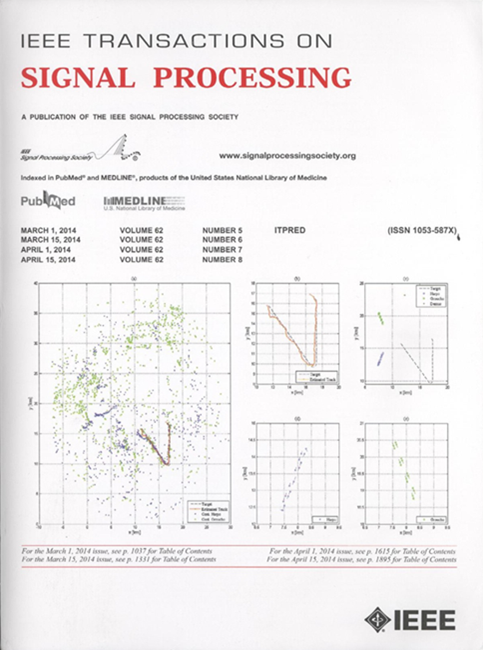时变全局最优在线联邦再现梯度下降
IF 4.6
2区 工程技术
Q1 ENGINEERING, ELECTRICAL & ELECTRONIC
引用次数: 0
摘要
本文研究了一个在线联邦学习问题,其中数据分布中的时间漂移导致了时变全局最优。为了适应漂移,本文结合再现核希尔伯特空间(RKHS)理论设计了随机傅立叶特征(RFF)模型来跟踪全局梯度。同时,该模型还可以减轻局部数据的梯度方差和数据异质性造成的梯度偏差。在此基础上,进一步提出了一种在线联邦再现梯度下降算法(OFedRGD)。然后以Wasserstein距离作为分布度量来分析OFedRGD的后悔,该后悔由随机性和异质性引起的累积分布漂移和累积梯度误差组成。此外,一组clear -数据集,包括两个在线学习任务,用于测试所提出的算法。结果表明,本文提出的算法可以有效地将两个任务的分类准确率分别提高$ 5%和$ 16%,并且受数据分散程度的影响较小。本文章由计算机程序翻译,如有差异,请以英文原文为准。
Online Federated Reproduced Gradient Descent With Time-Varying Global Optima
This paper addresses an online federated learning problem, where the time drift in data distribution leads to time-varying global optima. To adapt to the drift, this paper designs a random Fourier features (RFF) model combined with Reproducing Kernel Hilbert Space (RKHS) theory to tracking the global gradient. Meanwhile, the model also can mitigate gradient variance from local data and gradient bias due to data heterogeneity. Based on this model, the paper further proposes an online federated reproduced gradient descent (OFedRGD) algorithm. The Wasserstein distance is then employed as a distribution metric to analyze the regret by OFedRGD, which is composed of cumulative distribution drifts and cumulative gradient error caused by stochasticity and heterogeneity. Additionally, a set of CLEAR-datasets, including two online learning tasks, are used to test the proposed algorithm. The results show that the proposed algorithm can effectively improve classification accuracy in the two tasks by $5\%$ $16\%$
求助全文
通过发布文献求助,成功后即可免费获取论文全文。
去求助
来源期刊

IEEE Transactions on Signal Processing
工程技术-工程:电子与电气
CiteScore
11.20
自引率
9.30%
发文量
310
审稿时长
3.0 months
期刊介绍:
The IEEE Transactions on Signal Processing covers novel theory, algorithms, performance analyses and applications of techniques for the processing, understanding, learning, retrieval, mining, and extraction of information from signals. The term “signal” includes, among others, audio, video, speech, image, communication, geophysical, sonar, radar, medical and musical signals. Examples of topics of interest include, but are not limited to, information processing and the theory and application of filtering, coding, transmitting, estimating, detecting, analyzing, recognizing, synthesizing, recording, and reproducing signals.
 求助内容:
求助内容: 应助结果提醒方式:
应助结果提醒方式:


